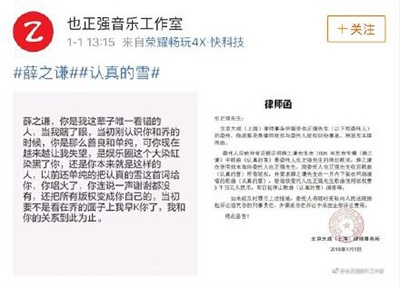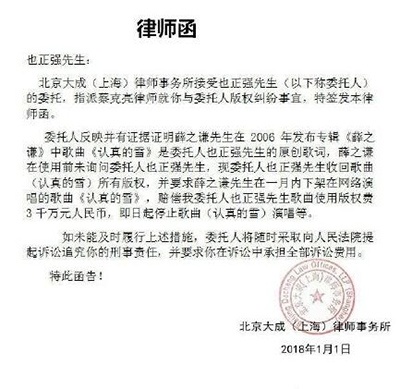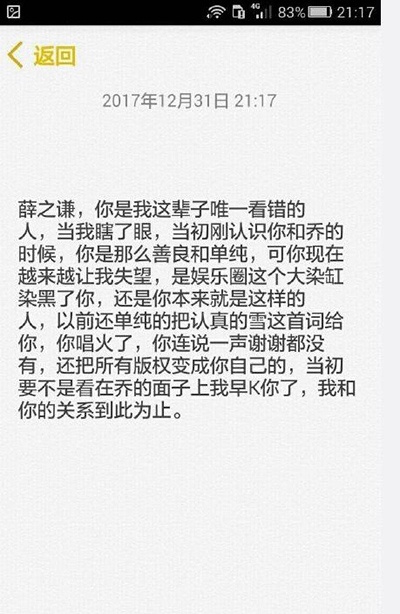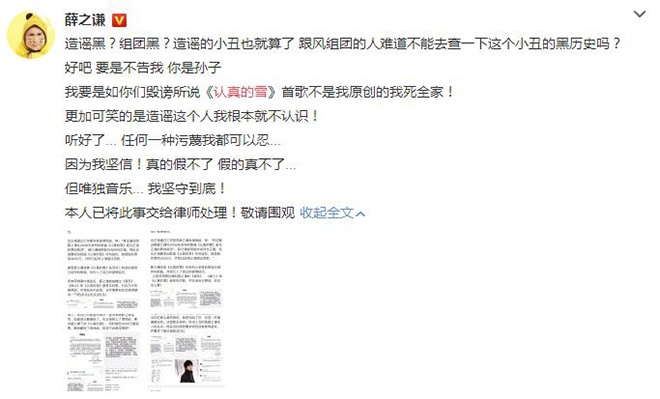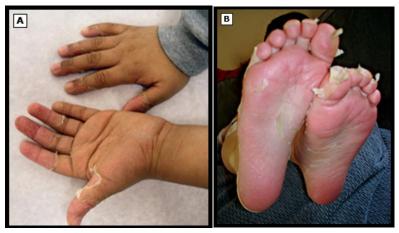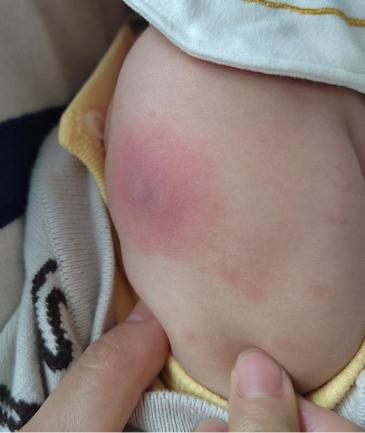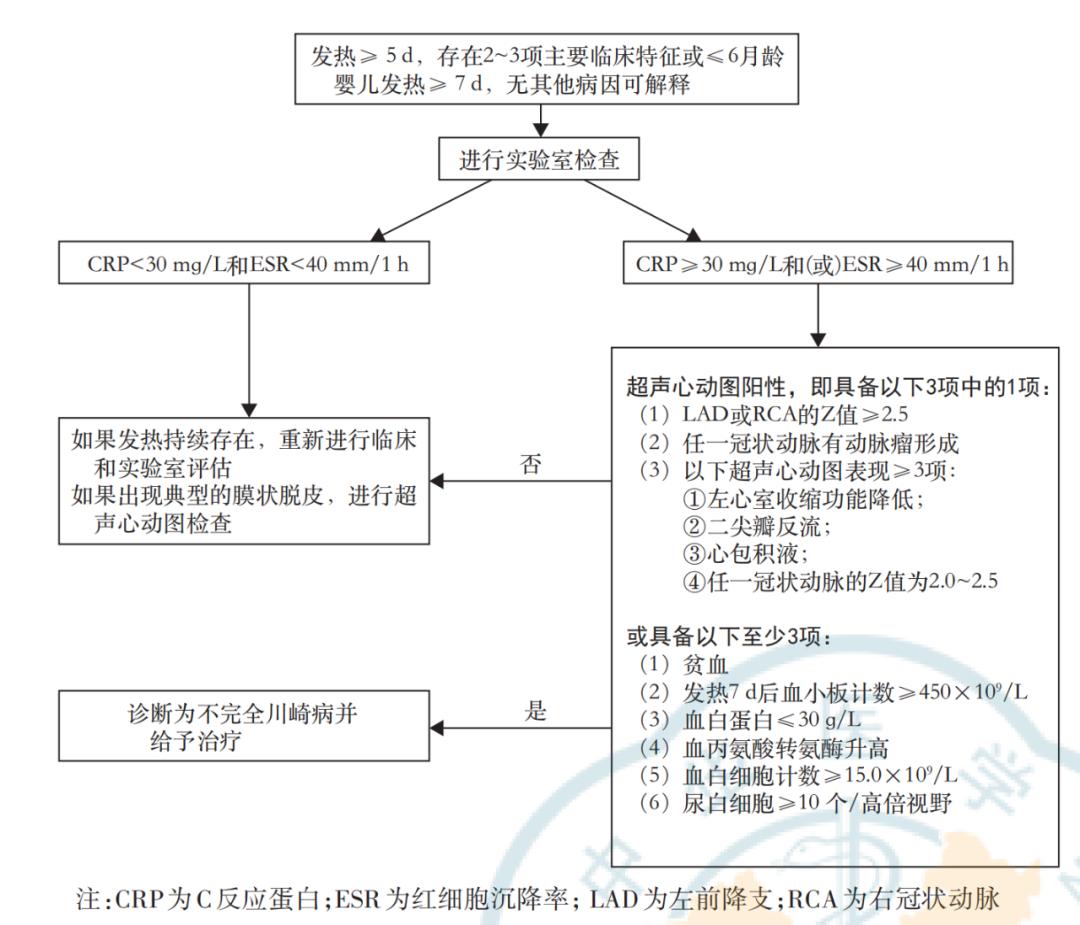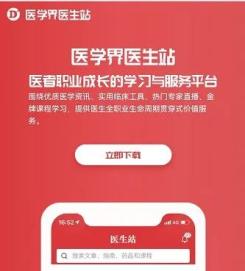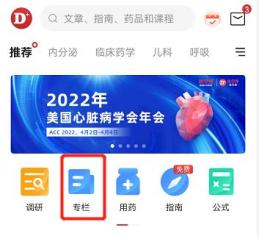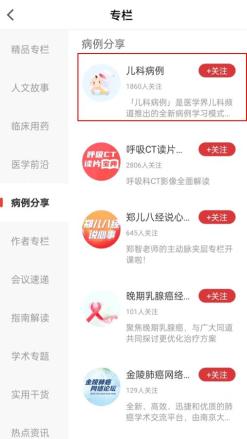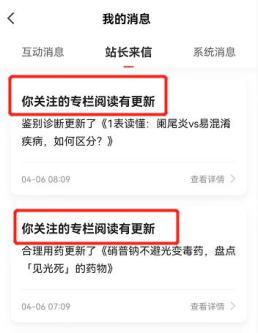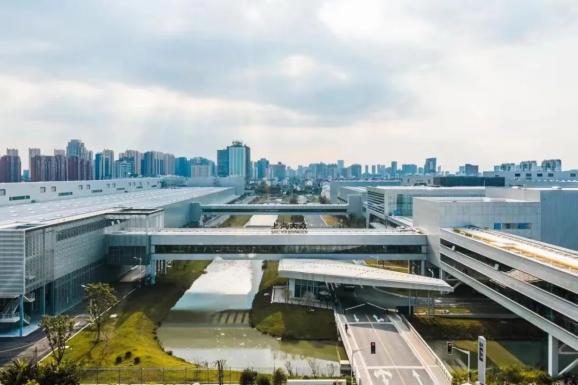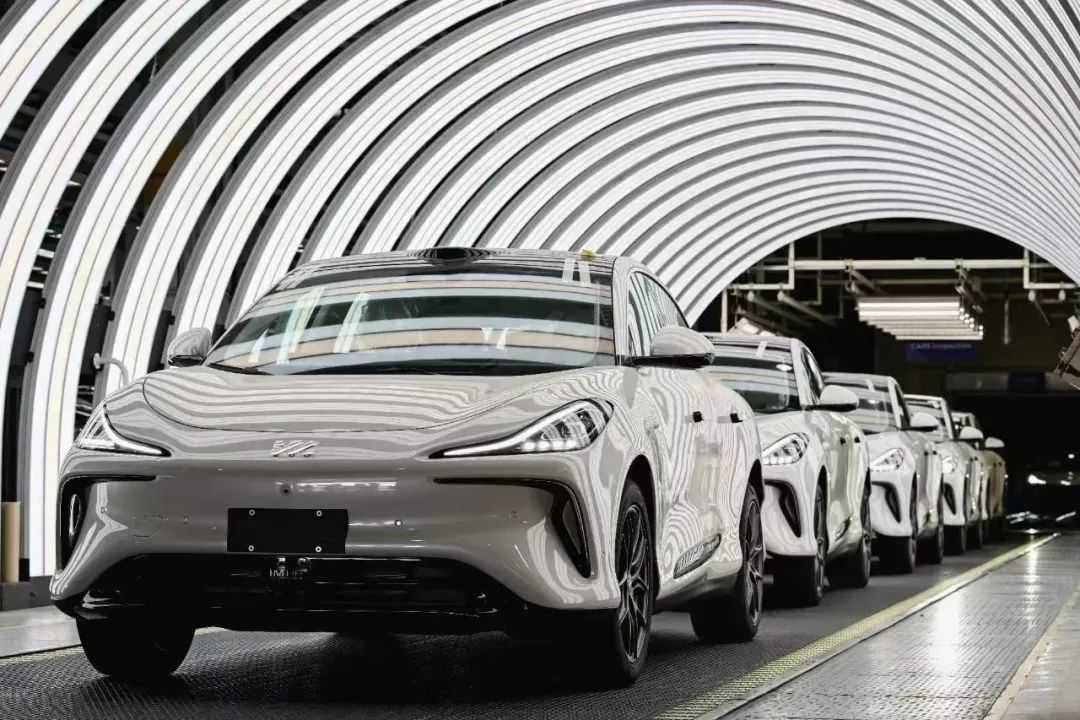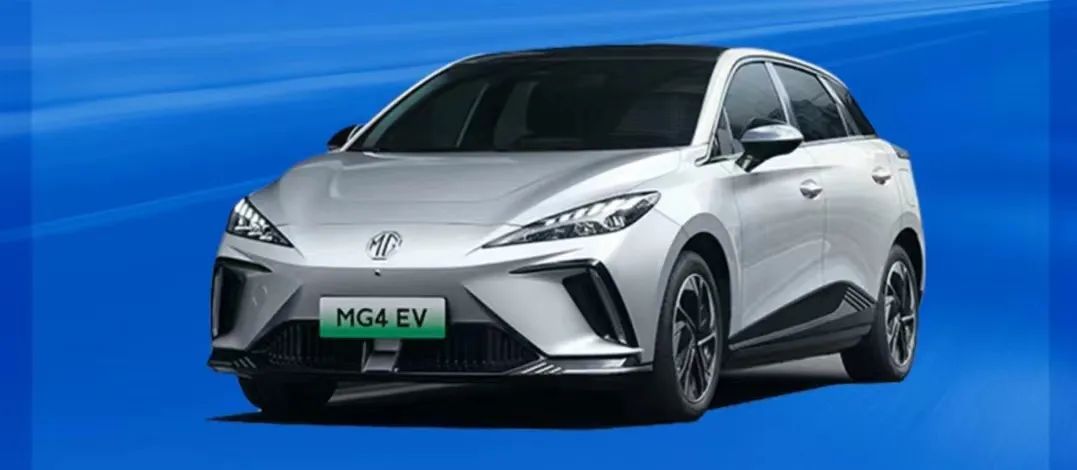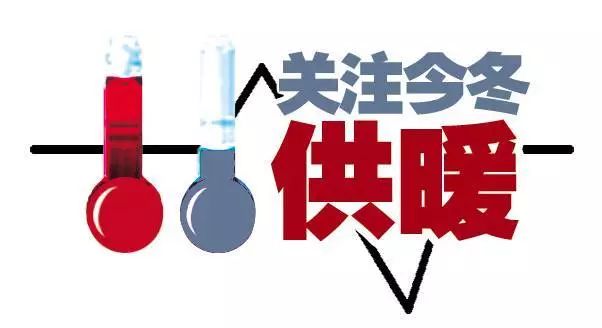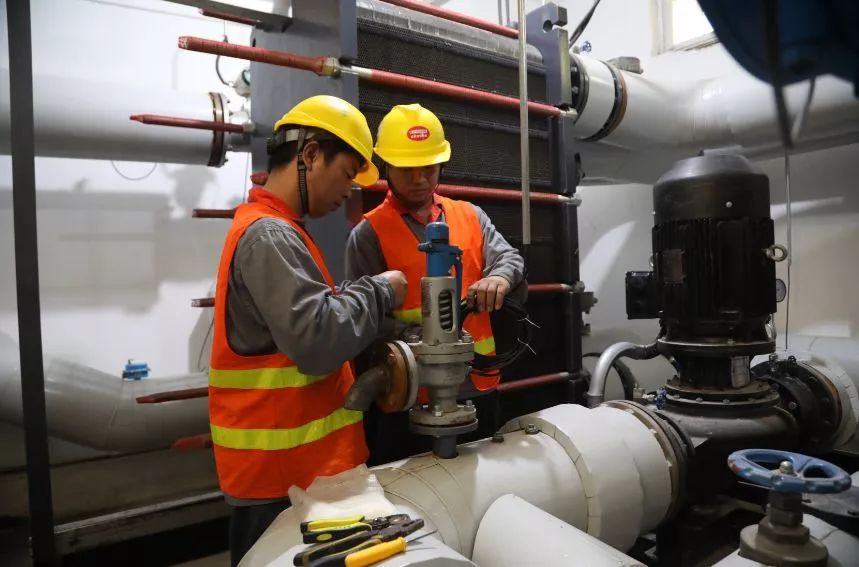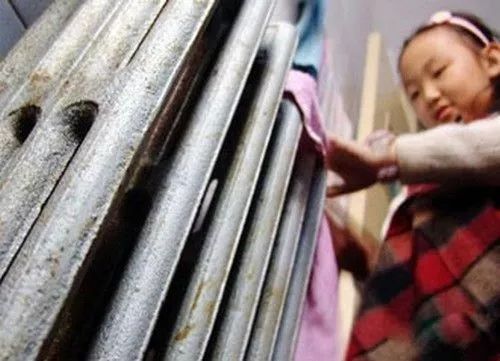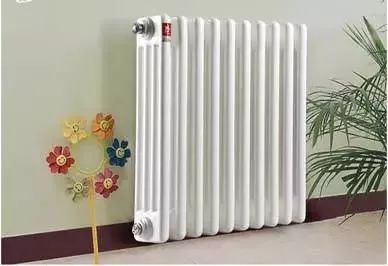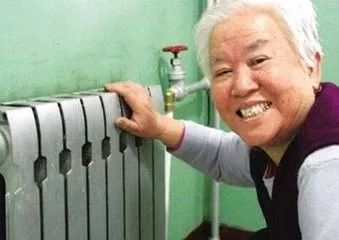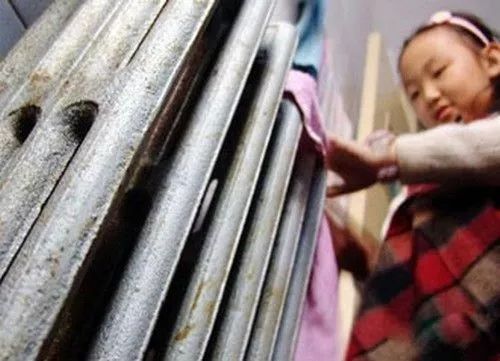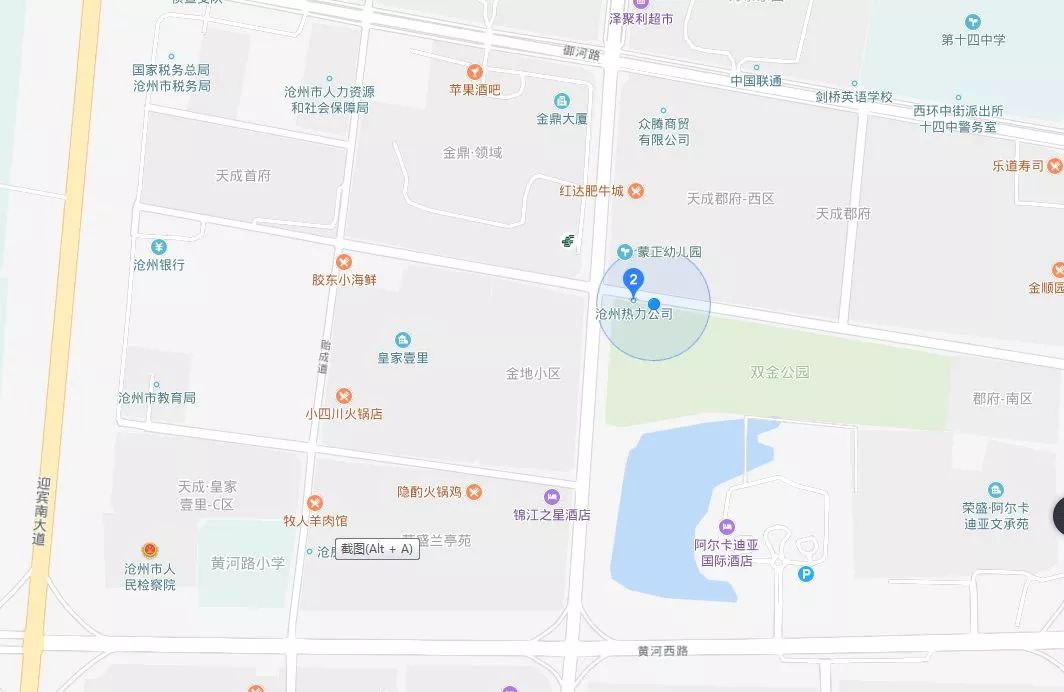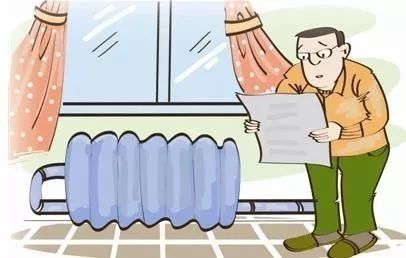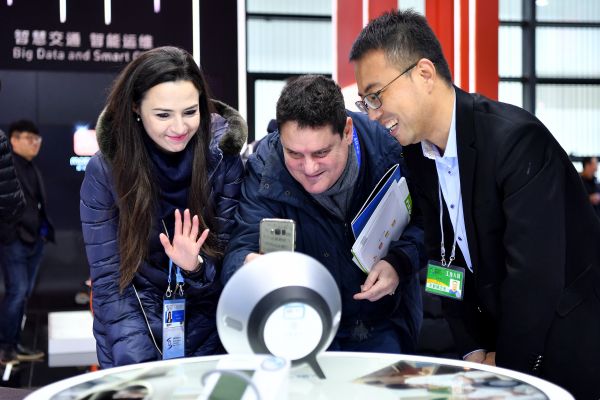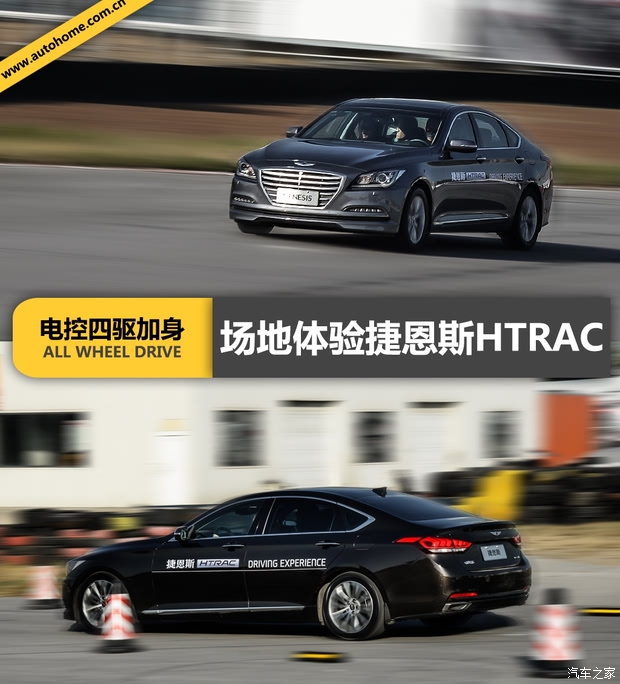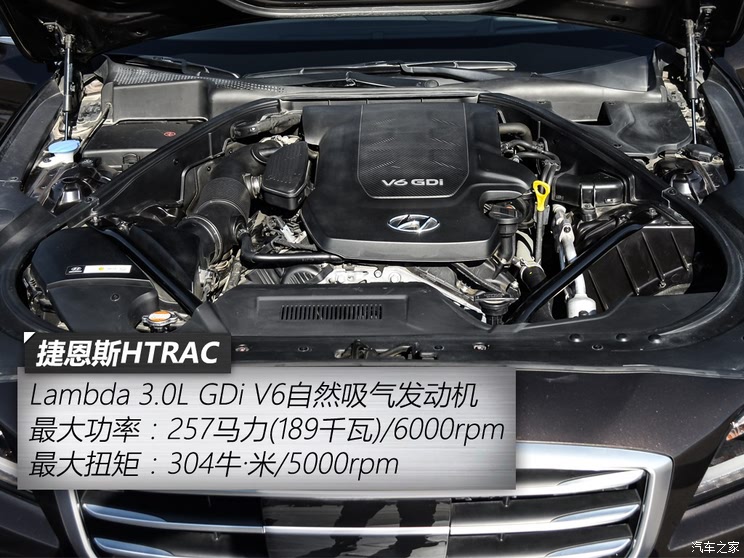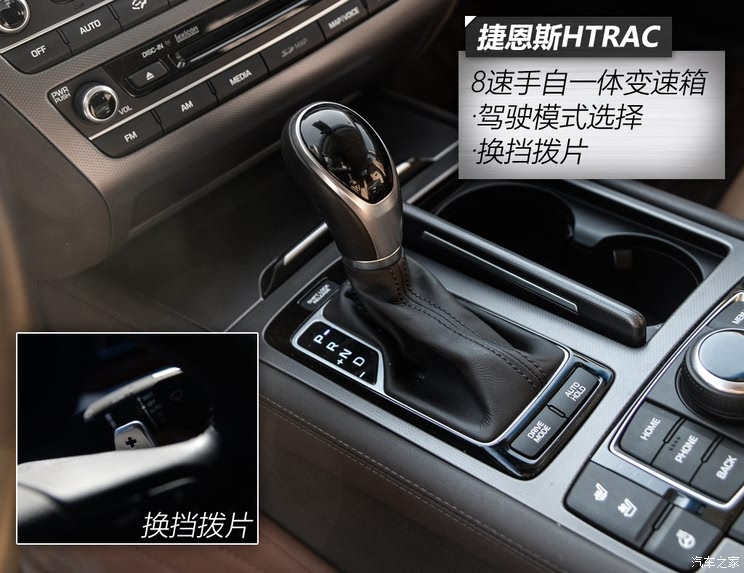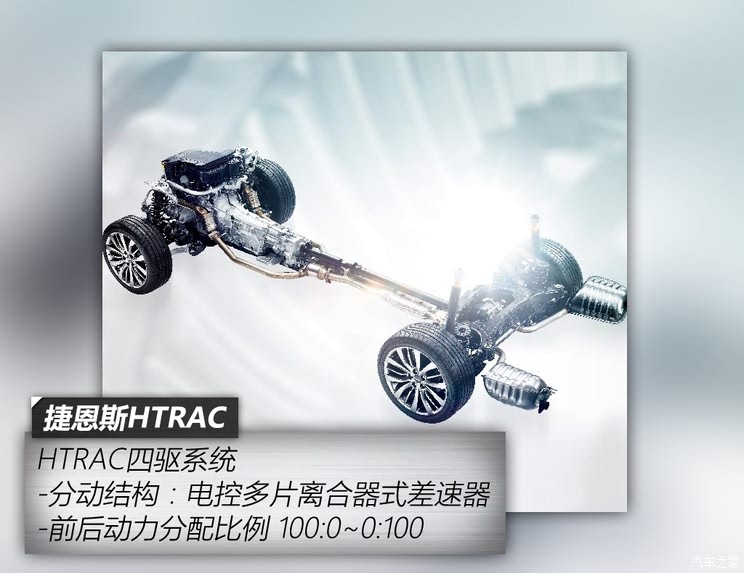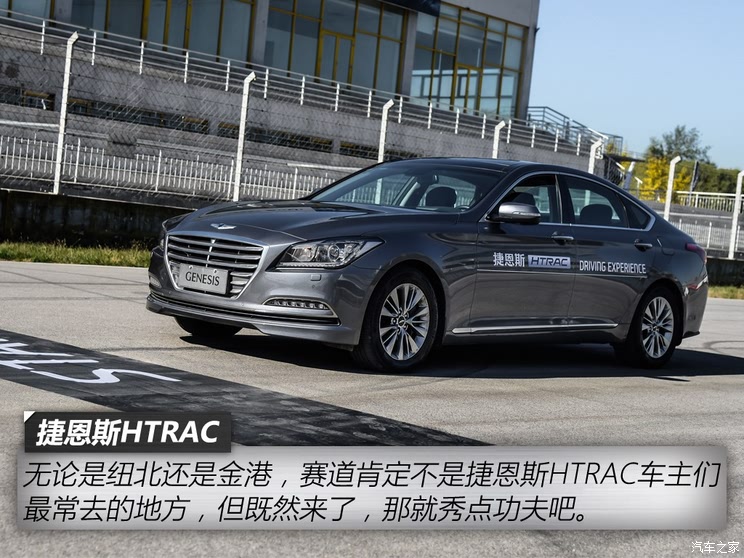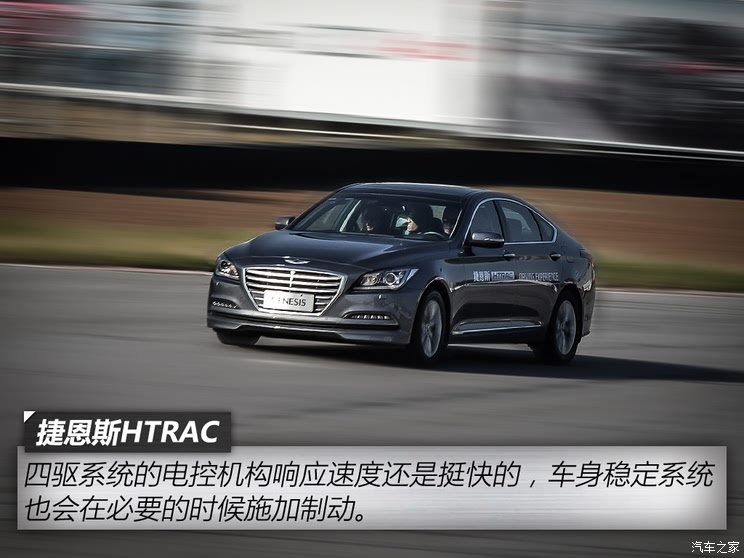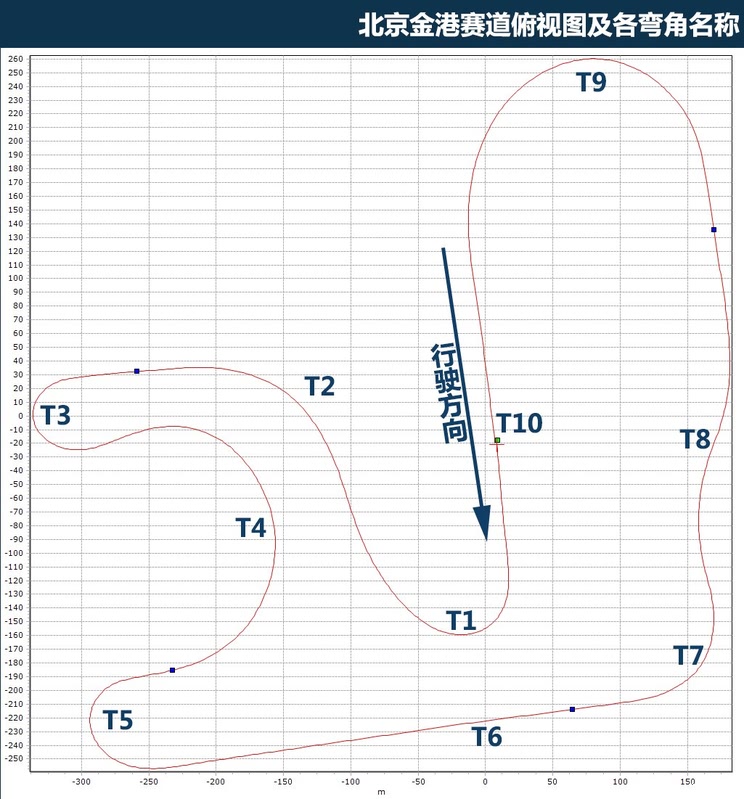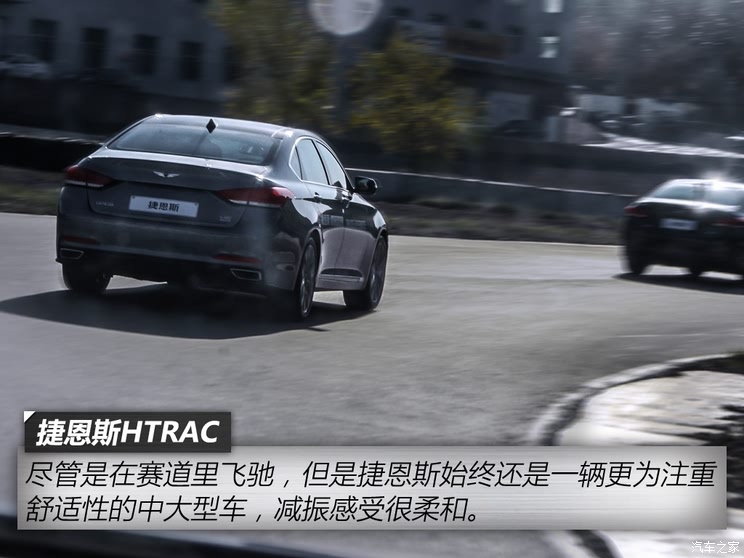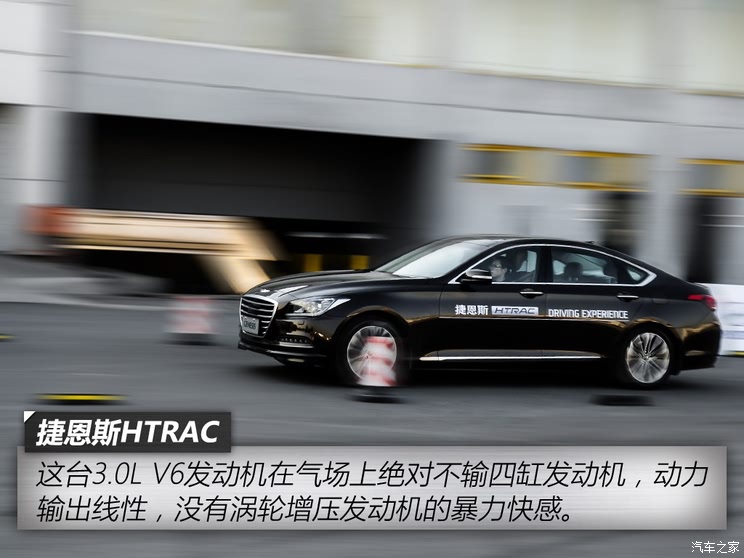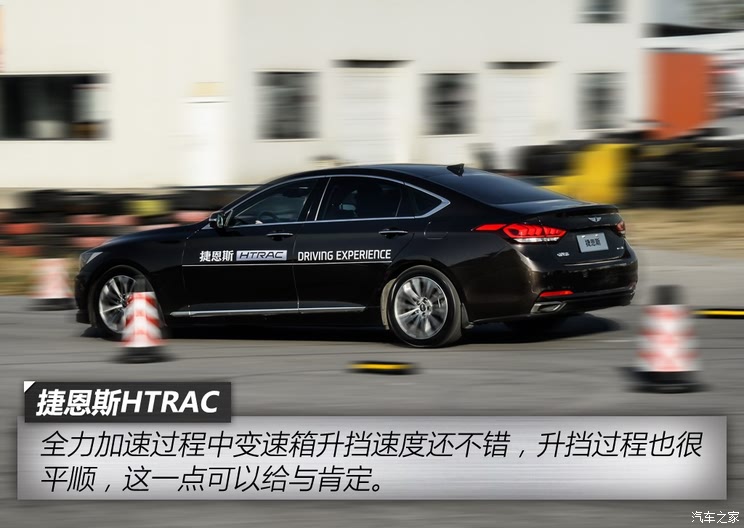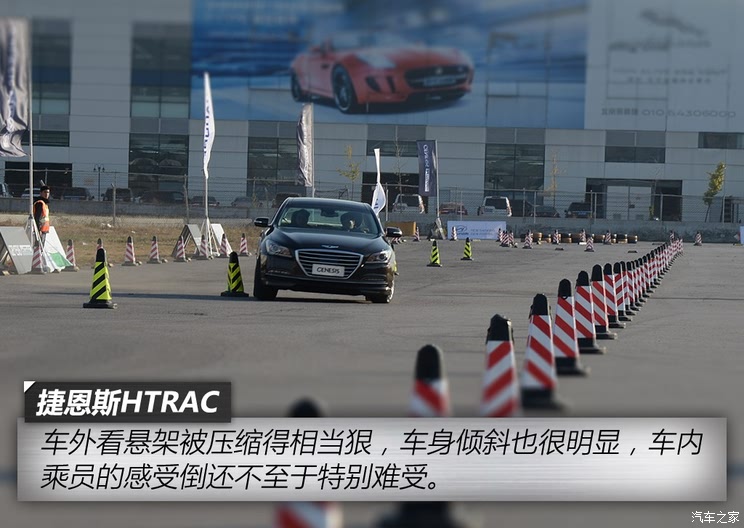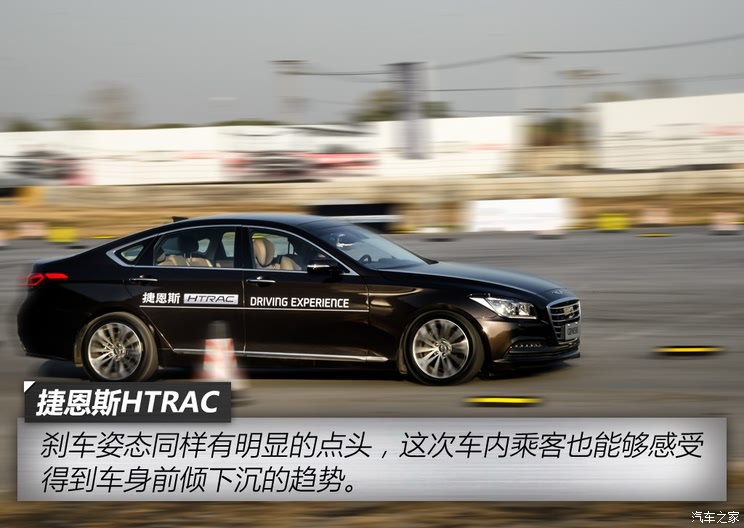Original title of this article: "Hebei 1 city announces heating schedule! The latest notice of heating price and payment time in 13 cities … "
Pay attention! Shijiazhuang heating schedule is set! Let’s take a look at the latest news of heating in 13 cities in Hebei this winter with Xiao Bu → involving payment standards, heating stop, water filling and pressure test, etc.
Shijiazhuang: Trial operation with heating started on November 10th.
According to Shijiazhuang Daily, this year’s central heating in the main city of Shijiazhuang will be completed with water injection and cold trial operation of all heating facilities before November 1, and will be put into trial operation with heat from November 10.
The heating problem will be solved centrally.
On October 20th and 21st, the Urban Management Committee of Shijiazhuang City will organize the "Heating Open Day", and all residential heating stations in the main city will be open to the general public, so as to focus on solving the heating problems that people care about before heating. At the event site, the staff of the heating company and the staff of government offices and neighborhood committees in various jurisdictions will be arranged to jointly accept residents’ consultations and complaints.
During the "heating open day" activities, the heating problems reflected by residents will be solved on the spot by the heating company; Those that can’t be solved on the spot will be dealt with in a week from the 22nd to 28th of this month.
Pull the net again before the end of October for investigation.
Before the end of October, the Urban Management Committee of Shijiazhuang City will once again organize all districts and heating enterprises to conduct network-pulling investigation on facilities such as heat sources, heating networks and users, and rectify and eliminate heating hidden dangers.
Shijiazhuang: CLP users start to pay fees.
Attention, heat users of China Power Investment Corporation! The heating period of 2018-2019 is about to begin. Shijiazhuang Heating Co., Ltd., the State Power Investment Group, recently announced that in order to ensure normal heating in winter, please pay the heating fee for this season in time. The specific matters are notified as follows ↓
Payment time
From now until November 10, 2018.
Payment standard
According to the document Shi Jia [2013] No.135, residents of 22 yuan /m2, non-residents of 31 yuan /m2 (natural gas boiler 33.9 yuan /m2), multi-layer deduction of 10% pool (high-level 15%), in case of price adjustment, according to the new price of the Price Bureau. Users who meet the criteria for the identification of vacant houses can be controlled by households to pay 20% heat loss fee according to regulations.
Payment method
With the payment card, you can use a variety of e-commerce settlement methods to pay.
1. Bank counter
Hebei Bank, Huirong Bank, Industrial Bank, China CITIC Bank and Postal Savings Bank
2. Online banking
Bank of Hebei, China Construction Bank, China CITIC Bank, Industrial Bank and Industrial and Commercial Bank of China
3. Mobile banking
Bank of Hebei, China Construction Bank, China CITIC Bank, Industrial Bank, Industrial and Commercial Bank, Huirong Bank and Postal Savings Bank.
4. Company website
Log on to its company website in http://www.zdtsjzgr.com/ (support UnionPay, WeChat scan code and Alipay scan code payment).
5. WeChat
Pay attention to WeChat WeChat official account
"Shijiazhuang Heating Co., Ltd., National Power Investment Group"
Enter the interface of heat fee payment for payment.
Vacancy declaration and recovery heat
From now until October 15, 2018, it will not be processed after the deadline.
Vacancy declaration
Users with parallel household control can handle business through the customer service representative counter of the business hall, customer service hotline 966006 or WeChat platform, and our company will take unified shutdown measures after reporting. Users who have not submitted the original and photocopy of real estate license and ID card need to bring the above documents to the business hall, and those who have not declared before the specified time will be paid in full.
Recovery heat
Users who did not use heat in the last heating period and need to use heat in this heating period can go directly to the customer service representative counter in our business hall, or conduct business through the customer service hotline 966006 or WeChat platform. Users who have not submitted the original and photocopy of real estate license and ID card need to bring the above documents to the business hall.
Bank payment voucher
The bank counter window issues payment vouchers according to the user’s payment situation. Users should pay attention to verify whether the payment name, amount, detailed address and other information are accurate, so as to avoid economic losses and bring you unnecessary trouble.
Invoice issuing time
If you need an invoice after payment, please take a valid payment basis to the business hall where you belong, and the issuing time is November and December 13th-23rd. Please handle it during this period, and it will not be issued after the deadline.
Where is the business hall?
Heating management no.1 business hall
Management scope: the main areas are west of Hongxing Street, north of Ziqiang Road, east of West Second Ring Road (east of Taihua Street in part) and south of North Second Ring Road; Local areas include Beijiao and Beiyuan heating stations.
Address: the bottom business of Platinum Collar Business Building, No.120 Berlin South Road.
Tel: 67598669
Heating management No.2 branch business hall
Management scope: steam users and circulating water users in high-tech development zones in major areas, and Jinma Station and Qingyuan Heating Station in some areas.
Detailed address: 200 meters east of the intersection of Tangu East Street and Jianming Middle Road, in the courtyard of the second heating management department of Lunan.
Consultation telephone number:
85034141 (High-tech Zone)
85055685 (Jinma Qingyuan Area)
Heating management no.3 branch business hall
Management scope: The main areas are Jumeiyiyuan, Tianshan Garden, Tianshan Xihu, Taihang Jiayuan, Liucun, Wutongyuan, Everest Phase III, Zhoutong, Jin Xin Manor, Zhujiang Garden, Huayang Apartment, Imagination International, Shuixie Huadu Fengshang, Haojiaying New Village, Apple City, Hongda Mingshang, Xiaogang Shang, Boshi Mingzhu, in the Mood for Love and Rongyu.
Detailed address: Ground floor, Building 1, Everest International Garden, Everest Street.
Consultation telephone number:
82971620 (High-tech Zone)
Heating management No.4 branch business hall
Management scope: the main areas are east of Shiqing Road, south of Gucheng West Road, west of Shengli Street (only Haiguangyuan Community to the east) and north of North Second Ring Road, and some areas include east of Hongxing Street, west of Shengli Street and north of Shitai Railway.
Address: Shang Lin Hua Yuan Di Shang, No.338 Zhonghua North Street.
Consultation telephone number:
67598115 87750611
Tips
Please be sure to pay the heating fee before the above-mentioned specified time. If it is overdue, a penalty of 2‰ will be added daily. Users who owe money in previous years and were shut down during the last heating period must go to our company’s toll outlets with a payment card to settle the old debts before they can handle the follow-up payment and declare vacancy. If you have heating problems during the heating period, please dial the 24-hour customer service hotline: 966006.
Another 12 cities provide heating information ↓↓↓↓
Baoding
Datang heating payment time
September 1st-November 14th (collected through bank channels from September 15th to October 30th)
Business hours of business hall of heating company
Every day from 8: 30 to 16: 30, legal holidays will be notified separately.
Diversification of payment methods
(1) Datang heating company business hall.
(2) Hebei Bank Mobile Banking, Online Banking and WeChat Banking.
(3) China Construction Bank Mobile Banking, Online Banking and WeChat Banking.
Bank of Hebei business outlets:
1. Branch Sales Department
Address: No.1759 Dongfeng Middle Road, Baoding
Tel: 0312-3362636
2. Sunshine Street Branch
Address: No.810, Sunshine North Street, Baoding
Tel: 0312-6272066
3. Great Wall Street Branch
Address: No.429, Changcheng South Street, Baoding
Tel: 0312-7550888
4. Yuhua Road Sub-branch
Address: No.615 Yuhua East Road, Baoding
Tel: 0312-2273688
5. Fuxing Road Sub-branch
Address: No.1771 Fuxing Middle Road, Baoding
Tel: 0312-3379200
6. Ruixing Road Sub-branch
Address: No.385 Ruixing Road, Baoding
Tel: 0312-3379288
7. Science and Technology Sub-branch of High-tech Zone
Address: No.198 Yinxing Road, High-tech Industrial Development Zone, Baoding
Tel: 0312-3379258
Qinhuangdao: announcement of water injection schedule for each community
City heat power corporation
According to Chunhui hotline news, specific water injection notices and precautions will be posted at the door of each residential unit.
Fuyang heat power
Since September 18, 2018, water has been injected in various communities, and the water injection schedule (latest announcement).
(Slide to view)
Water injection plot from October 4th to 9th:
1: Yufengli: 3 units 1, 4 units 1-2 and 5 units 1-3.
2. Yufengli: Buildings 6-11, -6, -8 to -11, No.1-2 bungalows, the canteen next to Building 8, outlets, and the next room.
3: Yufengli: 1-3 buildings, 4-5 residential buildings, south office building, north office building, library building, boiler room bath, garage (second floor on the south side of boiler room), store room (Suet Nei Hotel), hotel (including drugstore), new garage, doorman and Shanmei (Jinlong Business Hotel).
4. Tiezhuang New Village: 1-13 buildings, public buildings.
5. Wenjing Home: Building 2-26, public building and Xigang Road Primary School.
6. Jianxin Li: Buildings 30-38, 42-43 and No.39-41 Yanshan Street (including neighborhood committees and activity rooms).
7: Yingqiu Xili: 32 buildings, 34-35 buildings, 37 buildings (=36 buildings), 42-44 buildings and 47-48 buildings.
8: Yingqiu Xili: Buildings 28-31 and 33, garage, power distribution room and bungalow.
9: Yingqiu Xili: Building 39 (Agriculture Bureau) and Office Building of Agriculture Bureau.
10. Yingqiuxili: doormen and stores (Yingqiuxili business)
11: Yingqiu Xili: 40-41 buildings and 45 family buildings.
12: Water Affairs Bureau: Gangcheng Street office building, 38 buildings in Yingqiu Xili, 38 buildings in Fufu and 40 buildings in Fufu.
13: Building 20 of Tiezhuang New Village, Building 53-55 of Yufeng Nanli, Property
14: Yingqiu Xili (Longsheng Street): Buildings 49 and 50, No.26 Yingfeng Road, No.29, 31, 33 and 35 Longsheng Street; Xiafang, Building 51-54
15: Jianxin Li Area 2: Buildings 1-3 (floors 1-7), 6-20, 28-32, 6 and 17 Yanshan Street shops and doormen.
16: Jianxin Li Area 2: Buildings 1-3 (8th to 18th floors), 4-5, 21-27, 24-27, shops, kindergartens and doormen.
17: Sheng Da Xinyuan: 31, 33, 41-43, 46-50, 53-56, 51, 57, 58 commercial, Beihuan Primary School, 39, Wenbo Xinyuan Kindergarten, 52.
18: 7 buildings, 10-12 buildings, 15-21 buildings, 28 buildings, single buildings and public buildings in Qiaodong Beili.
19: In Shuiyifang Building 5-13, Building 18-19, Building 21-24, Xigang Road, Heping Street, Construction Bureau.
20: Hongqi Xili 1-3, Qinwu Hotel and Jiasi Hotel, 5-9, Qinye Apartment (Metallurgical Factory Dormitory) 101-312, Jinlu Hotel, Neighborhood Committee and 4.
21: Buildings 9-10 of Buildings 1-7 of Meiya Garden, No.241-241-10 of Haiyang Road (6 stores), 7 first-floor office buildings, doormen and warehouses.
22: Building 38-43 of Heping Garden and Building 43 of Commercial and Fufang (Heping Street and Xianfeng Road).
23: Jiasheng Jingyuan 4# (Heping Street 312, 312-1, 314, 314-1, 316, 316-1; The third to eleventh floors)
24: Buildings 1-6 and public buildings of Jinshe Deyuan
25: Building 11 and 12 of News Xili
26: Buildings 6-18 of Century Star Garden (Buildings 16 and 17 are high-rise), Commercial Buildings 1-5 (Jianshe Street and Haiyang Road Store) and 5 property buildings.
Matters needing attention in water injection
Tips: The water injection work of Fuyang Thermal Power Company has started now, and suppressing water injection is the most important step before central heating. Please keep in mind the following precautions during water injection:
1. Keep someone at home during water injection, and check whether there is water leakage at the joints and valves of your radiator and heating pipe in time.
2. During water injection, the valve should be opened to keep the water flowing smoothly. This is because the water circulation during water injection is the process of flushing the user’s internal pipe network, and the decontamination device at the door valve can filter the sundries.
3. Users should ensure that the thermostat is powered on and turned on, and adjust the temperature on the thermostat to the highest. After the heating operation is normal, the indoor temperature can be appropriately adjusted according to their own needs.
4. During water injection, the cover on the heating facilities should be removed to facilitate timely treatment and maintenance of water leakage and other problems.
5. If the radiator drips or leaks at home, remember not to touch other places except the water supply and return valves at will. You should call the service hotline 7668890 and the professionals will be responsible for the on-site maintenance.
Development Zone Taisheng Power
Water injection schedule of each community (latest announcement)
(Slide to view)
2018-2019 heating period
Water injection schedule
time management
Cell name
October 13th.
Villa No.9 (2 and 3 buildings), Meiling Community, Fu Kangjia Garden, Golden Home, Golden Home Area 2, Mengying Area 2, Taisheng Home, Bijing Hua Ting, Guolingwan, Huiyuan Community, Taihe Home, Qingxin Home Area 2, Qingxin Home Area 3, Qingxin Home Area 5, Xinglong Shangfu, Tomorrow Star City, Gongfuzhuang Home and Nanling International Community 1.
October 14th
Bi Shuiyuan, Shengjing Golden Field, Hexiang Apartment, Northeastern University Teachers’ Residence, Baojia Garden, Mengying New Village, Natural Home, No.236, West Section of Gangcheng Street, Tiancheng Jiajing, Expert Apartment, Daqin Family, Yanda Haida Shift Apartment, Huayuan Xinju, No.186 Lushan Road, Yindu Square, Yangdaozhuang New Village, Oak Bay Community, Nanling International Zone 3, Golden Bay.
October 20 th
Pearl River Garden, Boyan Second Residence, Victoria (3 buildings), Lijiang Garden, Century Home, Bishui Hua Ting, Haizhengli, Boyue Mountain (excluding buildings 39-2 to 42-2), Haiyun Home, Qingxin Home, Yanda Expert Apartment, Xicheng Huayu 1st District, Xicheng Huayu 3rd District, Xicheng Huayu 4th District and Tomorrow Xingcheng 2nd District.
October 21st.
Jingmianli, Cuisongyuan, Cuisongnanyuan, Taihang Mountain Road, Wenjingli (building 1-11), Bolin Community, Paradise Community, Tiancheng Jinjiang Garden, Hepingli, Qingxin Home, Xingzhuang Home, Shengda Hongjing Community (excluding buildings 11 and 12), Wanhe County (excluding buildings 34 and 40), Wanfa Confucian family, and
Note:
1. Villa No.9 (Buildings 5-11, 15 and 1# office building), Park Lane, Park Lane Store (No.21-31 Songhua River East Road), Boyue Mountain (Buildings 39-2 to 42-2), Shengda Hongjing Community (Buildings 11 and 12), Wanhe County (Buildings 34 and 40), and
2 enterprises and institutions within the jurisdiction of the user’s water injection time notice.
3. If the water injection time is adjusted under special circumstances, the specific arrangement will be notified separately.
4. Hotline: 8051184.
2018-2019 heating period
Water injection schedule (East)
time management
Cell name
9-10 October
Xiang ‘anli Community (including Xinyuanli, Xinyuanli North, Xinyuanli Road North, Bihai Garden, Nongken Building and Longcheng Building), commercial residential building, Yaoshan Village New Village and Shipyard Community (except buildings 37, 46, 47 and 48).
October 10th.
Shuanglong garden community
October 11th.
Bohai Home Fourth Community, Bohai Home Fifth Community, Zhongyuan Community, Xinqi Commercial Building, Shipyard Community (Buildings 37, 46, 47 and 48), Wanghai Garden Community and Service Area Apartment in Processing Zone.
October 12th.
Building 21 of Henan South Road, Jinhai Building, Hanghai Garden, Building 25 of Shanghai Road, Jinjiang Jiayuan Community and Tianwei Shengjing Community.
October 13th.
Jinshui Home Community and Guanhai Yujing Community
October 14th
Baoshun Garden Community, Shanhaijingwan Community, Shanhaijiayuan Community and the Sixth Community of Bohai Homeland.
October 15th
Bohai Home First Community, Bohai Home Second Community, Bohai Home Third Community and Paradise New District
Note:
1. The water injection time of users in enterprises and institutions within the jurisdiction will be notified separately. Please pay attention to the water injection notice issued by our company at any time.
2. If the water injection time is adjusted under special circumstances, the specific arrangement will be notified separately.
3. Hotline: 8051184.
Matters needing attention in water injection
Our company began to test the heating system with water injection in early October, and our company will open the outdoor heating valve within 48 hours after the user pays the fee. During water injection, there may be some water leakage caused by lax closing of individual valves, so please leave people at home and pay attention to the following matters:
1. User’s indoor heating facilities are owned by the user, and managed and maintained by the user. Please carefully check your own heating facilities (including radiators, heating pipes, valves, air release valves, etc.) to ensure that the indoor heating facilities are in good condition. Users with valves indoors should close the indoor valves before water injection and pressure test in our company.
2. For users whose heating system has been filled with water and paid the heating fee, our company will open the outdoor valve within 48 hours after the user pays the fee, and the indoor valve will be opened by the user himself. In case of water leakage, please close the indoor valve by yourself; If the indoor valve is not closed properly or cannot be closed, please contact our company to close the outdoor valve in time. Accidents such as running water and leaking water due to imperfect indoor heating facilities shall be borne by users themselves.
3. Users should consciously abide by the relevant regulations, and it is strictly forbidden to make unauthorized changes to heating facilities, install heat exchange facilities, and secretly put heating water through private water taps. Users shall be responsible for all consequences arising from violation of the above regulations.
4. Users who don’t heat during this heating period, please do their own anti-freezing and heat preservation measures for indoor heating facilities. If economic losses are caused by freezing and cracking of indoor heating facilities of users, the responsibilities shall be borne by users themselves.
5. Company’s 24-hour service hotline: 8051184.
Xingtai
The heating price will not be adjusted temporarily.
It is understood that the price of central heating charges in Xingtai this year has not been adjusted yet. If there is any adjustment, it will be released as soon as possible.
The charging standard for central heating is 18 yuan/m2 for residents and 30 yuan/m2 for non-residents.
Payment time and payment method
City heating company
After opening the WeChat payment function last year, the Municipal Heating Company launched the Alipay payment service this year. Users can enter the "heating fee" through the "living payment" module, select "Xingtai Heating Company" and enter the user card number to pay the fee.
In addition, the company has set up six "self-service payment terminals". Users can enter the heating card number and use the bank card or mobile phone to scan the code for payment. If necessary, they can also collect paper invoices on the terminals with the 17-digit ticket collection code.
At the same time, users can still choose to pay heating fees in more than 140 outlets of eight major banks, including ICBC, Agricultural Bank of China, China Construction Bank, China Bank, Postal Savings Bank, Hebei Bank, Xingtai Bank and Xingtai Rural Commercial Bank, and online banking, mobile banking and telephone banking of some banks.
The company also aims at the old, weak, sick and disabled users, and arranges toll collectors to make an appointment for door-to-door charging services through a thorough registration, so as to facilitate users to pay fees.
Jinhao heat power development co., ltd
The heating fee will be charged from October 15 to November 15, 2018. The specific way is as follows:
1. Users can handle the payment service in Jinhao Thermal Power Customer Service Hall (the first floor of Chunfeng Plaza, Zhongxing West Street).
2. Pay attention to the "Jinyu Thermal Power" WeChat public account WeChat to pay the heating fee.
3. Carry the "Jinhao Thermal Heating Service Card" to pay the heating fee at any outlet of Xingtai Bank or "Xingtai Bank Mobile Banking".
Special note: new users will handle the heating fee business in Jinhao Thermal Customer Service Hall, and bank collection and WeChat payment will not be accepted for the time being.
Xu yang an neng heating company
Since October 10th, the heating fee payment has been started in an all-round way, with various payment methods, and heat users can choose freely:
1, heat users with heating service card to the Agricultural Bank of China, Industrial and Commercial Bank of China, China Bank and Xingtai Bank outlets to pay;
2. Pay attention to the company’s WeChat official account for WeChat payment;
3. Hot users pay in cash or by card in the business hall of Xingtai Xuyang Anneng Thermal Power Co., Ltd. with the heating service card.
Heating service hotline
If citizens have heating problems, they can call the heating service hotline of thermal enterprises in their jurisdiction.
City Heating Company: 5995119;
Xingtai Xuyang Anneng Thermal Power Co., Ltd.: 3217111;
Xingtai Jinhao Thermal Power Development Co., Ltd.: 2632345.
Hengshui
charging standards
This winter, the charging standard of central heating in Hengshui city remains unchanged, and it is still charged according to the construction area, with 19 yuan per square meter for residents and 27.9 yuan per square meter for non-residents.
Payment method
(1) Mobile banking, WeChat banking, online banking and business outlets of Hebei Bank.
(2) Each toll station of Hengshui Thermal Power Company.
Payment address and telephone number
Bank of Hebei business agency
1. Business Department of Hebei Bank
Address: No.219, Yucai Street South Street (west of Yucai Maternity Hospital)
Tel: 5109619
2. Bank of Hebei Hongqi Street Sub-branch
Address: northeast corner of the intersection of Hongqi Street and Xinhua Road
Tel: 5170377
3. Bank of Hebei Daqing Road Sub-branch
Address: No.369, Daqing East Road (downstairs of Ji Mei Home)
Tel: 5170355
Address of each toll station of Hengshui Thermal Power Company
1, the first toll station
Address: Courtyard of Yuyuan Community in Aite West of Heping Middle Road.
Tel: 8080766
2. Second toll station
Address: Toll Hall of Hengtong Thermal Power East Gate, No.850 Yongxing West Road
Tel: 8082866
3. The third toll station
Address: behind Tianhong Plastic Surgery Hospital, west of Hongqi Street, Hebei Road.
Tel: 8086866
4, the fourth toll station
Address: No.199 Songjiang Road, Kangtai Street
Tel: 7808533
5. Fifth Toll House
Address: East Hutong of Hedong Park, Renmin East Road
Tel: 7923976
6, the sixth toll station
Address: Zhongchang 4S Store, Zhonghua North Street, south of Jiheng office building, west of it.
Tel: 7602128
Handan: Opening the function of WeChat to pay heating fee
Complete water filling pressure test at the end of October.
The reporter learned from Zhongdian Intercontinental Company that since September, the company has carried out water filling and pressure test on heating facilities of heating stations and residential heating pipes under the jurisdiction of Handan City, and has completed 70% of it, which is expected to be completed by the end of October.
Never change the heating equipment without permission.
The company suggested that after the pipeline is filled with water, it will maintain a certain pressure load, and users must not change the heating equipment without permission.
In addition, users who don’t need heat this year must go through the formalities of stopping heat before November 1. In case of water leakage or water running in heating pipes in residential corridors and residential areas, you can contact the heating station for disposal.
Please remember these calls.
CLP Intercontinental Company and its affiliated heating companies and stations’ service telephone numbers.
Heating consultation service hotline 3178116
Fudong heating company 8093515
Wangling Road Central Station 3103533
Renmin East Road Central Station 8060101
East Ring Road Central Station 2091560
Fuxin Road Central Station 7115016
Fuhe heating company 8015591
Heping East Central Station 8121197
Zhuhe Road Central Station 8051235
Xuechi Road Central Station 8032456
Congtai heating company 3228006
Lianfang Road Central Station 3031399
Renmin Road Central Station 3060155
Heping Road Central Station 3038090
Congtai Road Central Station 7030567
China heating company 3169171
Nonglin Road Central Station 3021567
Guangming Road Central Station 3032502
Xueyuan Road Central Station 5622543
South Ring Road Central Station 5622322
Tiexi heating company 4046756
Jianshe Street Central Station 4081168
Guanghua Street Central Station 4088116
East District Heating Company 3173372
Qinhuang Street Central Station 3173009
Add wechat payment
Recently, CLP Intercontinental Company opened the function of WeChat to pay the heating fee, and Handan citizens have a new choice of payment. It is understood that the operation method of WeChat payment is as follows: open WeChat, enter "My Wallet", select "Living Payment", click "Heating" to enter the payment interface, enter 11 user numbers, and follow the prompts to pay.
In addition to the newly opened WeChat payment method, citizens can also choose to pay heating fees at bank outlets, food forest supermarkets and convenience stores, and Sunshine Group stores.
The heating charge standard remains unchanged.
The charging standard for heating in Handan remains unchanged this winter. The residential heat consumption (calculated according to 90% of the construction area) is 21 yuan/m2/year, and the non-residential heat consumption price is 35.5 yuan/m2/year.
Clarification statement of Tangshan Thermal Power Corporation on network rumors of "price adjustment of heat fee"
The majority of hot users:
In the golden autumn of October, the autumn wind is cool. The time for heating this winter is getting closer and closer, and the topics related to heating, charging and service are also increasing.
Recently, on the Internet, especially on the WeChat platform, you can occasionally see rumors about investigating water leakage in households and signing it and lowering the heat fee. In order to avoid heat users’ doubts about thermal work and payment this winter, we explain the related issues as follows:
First, the so-called "signing the price of heat adjustment fee" is not a formal working procedure. The adjustment of hot price can only be achieved through a series of formal procedures. As an enterprise unit, it has no pricing power. It is untenable to say that the price of heating fee can be controlled only by the user’s signature.
Second, there is no "national unified pricing" for the price of heating fees. Due to different regions and heating time in China, the price of heating fee is not the same, so I would like to remind all hot users not to believe rumors. If there is a new price policy, the relevant departments will inform the public through formal channels.
Third, no documents on price adjustment have been received so far. After consulting the relevant departments, there is no price adjustment arrangement for the heat fee this winter.
I hope that enthusiastic users will not believe those rumors easily. Once we have relevant information, we will widely publicize it through radio, newspapers, WeChat WeChat official account and other channels.
Tangshan heat power corporation
September 20, 2018
List of residents’ thermal prices in counties and districts of Zhangjiakou
The heating period in counties and districts is calculated by the residents on a monthly basis. Remarks: kangbao county 6.22 yuan/m2 40.47 yuan/m2 central heating shangyi county 6.81 yuan/m2 40.86 yuan/m2 decentralized small boiler heating Guyuan 6.59 yuan/m2 42.85 yuan/m2 central heating Zhangbei 6.34 yuan/m2 central heating Huai ‘an 5. ㎡ (power plant heating) 5.9 yuan for five months in Huailai County/29.5 yuan/㎡ Central heating for five and a half months in Chicheng County 5.9 yuan/32.44 yuan/㎡ Central heating for five months in urban area 5.91 yuan /㎡29.55 yuan/㎡ (power plant heating) Xuanhua District 5.91 yuan /㎡29.55 yuan/㎡ (power plant heating) ㎡29.55 yuan/㎡ (power plant heating) Chongli District 5.91 yuan /㎡29.55 yuan/㎡ (power plant heating) Qiaodong District 5.91 yuan /㎡29.55 yuan/㎡ (power plant heating) qiaoxi district 5.91 yuan /㎡29.55 yuan/㎡ High-tech Zone 5 months.
(to be formulated) 5.22 yuan /㎡28.71 yuan/㎡ for five and a half months (power plant heating) Yuxian County
(Current price) Five and a half months 4.4 yuan /㎡24 yuan/㎡ decentralized small boiler heating.
Note: The actual billing area is the usable area.
Chengde: There is no charge for "stopping" heating.
Chengde City will standardize the management of the suspension of heating business. Heat users who apply for the suspension of heating business must apply to the heating unit before September 30 of each year, and then they may not charge residents who apply for the suspension of heating.
Meet these conditions to stop.
Reportedly, heat users should meet the following conditions when applying to the heating unit for suspension of heating business: the indoor heating system of the building should have household control conditions; It does not affect the safe operation of shared heating facilities and the normal use of heat by other heat users; Handling the suspension of heating should be a complete heating period; During the warranty period of the heating system, the house shall not suspend heating.
These documents are required to apply for stopping.
Heat users who apply for suspension of heating business need to issue valid identity documents of the property owner; If it is entrusted to others, the power of attorney issued by the property owner and the valid identity certificate of the trustee shall be provided. After the examination and confirmation by the heating unit, the heat users who meet the requirements for handling shall go through the formalities of suspending heating according to the procedures. Before going through the formalities of suspending heating, the user shall settle the arrears if any. At the time of handling, heat users should sign a heating suspension agreement with the heating unit, and non-resident heat users should pay the heating suspension fee according to the policies and regulations of the local price management department.
Open heating facilities privately to pay heating bills.
In addition, for users who have suspended heating, if the heating unit finds that the heating facilities that have been turned off are privately opened and are in a heating state, it shall pay the heating fee according to the whole heating period. Users who cause losses to other heat users or heating units shall be liable for compensation and punished according to relevant regulations.
Heating fee before the house is sold
Shall not be charged to hot users.
For the houses where the heating system has passed the warranty period but the development and construction unit has not yet sold or gone through the formalities of moving back, the development and construction unit may apply to the heating unit for suspension of heating. The heating costs incurred before the house is unsold and the suspended heating costs payable by non-residents shall be borne by the development and construction unit and shall not be charged to heat users.
Langfang: heating fee standard announced
Recently, Langfang announced the heating fee charging standard for 2018-2019 ↓
Charge standard by area
(1) The residential heat price is 22 yuan/building square meter;
(2) Non-residential heat price category A is 38 yuan/building square meter;
These communities can charge by heat metering.
Residential areas with heat metering and heating can be charged according to heat metering this year. Users who enjoy heat should pay the heating fee in full this year according to the construction area before the heating starts. After the heating period is over, the heating fee will be calculated based on heat metering data, and the heating period in the following year will be refunded more and replenished less.
Basic heat price: 22× 30% = 6.6 yuan/㎡.
Metering heat price: 22× 70% ÷ 98 (kWh/m2) = 0.157 yuan /kwh.
Heat fee = 6.6 yuan/㎡× heating area ㎡+0.157 yuan /kwh× heat consumption kwh.
Time and method of payment
In order to avoid too concentrated payment time this winter, the heating supply center of the Development Zone will start to collect the heating fee for 2018-2019 from September 3, 2018. The payment methods are as follows:
1. Pay attention to the payment of "Langfang Economic and Technological Development Zone Thermal Supply Center" WeChat WeChat official account;
2. Payment is made at the outlet of Langfang Bank in the Development Zone, and the address of Langfang Bank Development Zone Sub-branch is at the bottom of the south gate of Qiyuan Community in Langfang Development Zone; Bank of Langfang Dongfang University Town Zhangheng Road Sub-branch: No.77 Zhangheng Road, Dongfang University Town, Langfang Development Zone.
3. Payment in the service hall of the heating center: POS machines, UnionPay cards and cash methods are supported.
4. The payment time is from 8: 30 am to 12: 00 am and from 2: 00 pm to 4: 30 pm.
Service network
Service outlet 1: in the courtyard of No.113 Sihai Road, Langfang Development Zone (the former site of the heating company);
Service outlet 2: the third heating station of the thermal center of Dongfang University Town, Langfang Development Zone
Due to the upgrading of some heating pipelines in Langfang this year, residents can call 0316-2885577 for repair and feedback when they find heating problems.
Cangzhou: Start payment and stop business.
In order to ensure users to use warm water in time, the heating company will start the payment and stop business on September 25, and open various channels.
Payment date
September 25, 2018-October 31, 2018.
Payment method
1. Join the WeChat WeChat official account of Cangzhou Thermal Power Co., Ltd. for payment.
2. Pay the fees in the networked toll banks. The networked banks and payment methods are shown in the table below:
Bank of Cangzhou: counter, online banking, self-service terminal and mobile banking.
ICBC: Counter, online banking, self-service terminal and mobile banking.
China Construction Bank: online banking and mobile banking.
Agricultural Bank: Counter, Online Banking
Postal savings bank: counter, online banking and mobile banking.
Bank of China: counter, online banking and mobile banking.
Stop mode
Deadline: October 15, 2018
Handling method:
1. Join the WeChat WeChat official account of Cangzhou Thermal Power Co., Ltd..
2. Go to the thermal customer service hall with the user card.
Precautions: There is no need to warm the household in this heating season. Please close the manual door of the supply and return of the household pipeline by yourself first.
office space
Location of thermal customer service hall: southeast corner of the intersection of Kaiyuan Avenue (Jingsi Road) and Shuangjin Road (northwest corner of Shuangjin Park). Take the No.158 bus in the city and get off at Mingjian Lawyer Building Station. Go southbound for about 100 meters and walk east.
Service telephone
Payment consultation: 2199633
Heating hotline: 2157040 (open 24 hours during heating period)
Tips
Users of second-hand housing transactions go to the heating company to inquire about user-related information before the transaction.
Dingzhou: Printing and distributing the heating business handling paper.
Open a special heating service line
Dingzhou Thermal Power Company’s heating service hotline 0312-7907566 (provides services such as business consultation, fault repair, payment inquiry, complaints and reports). During water testing and heating, the service hotline is open 24 hours a day; During the non-heating period, the customer service hotline is opened on weekdays.
Open various forms of convenient charging channels.
Payment has been started on August 1st. Hot users can pay the heating fee at the nearest business outlets of Industrial and Commercial Bank of China and Agricultural Bank with the "heating payment card" (online banking and mobile banking are supported).
Pay attention to Dingzhou Thermal WeChat WeChat official account, you can pay the fees without leaving home and learn about the latest heating trends of Dingzhou Thermal Power;
Pay the heating fee directly to the Dingzhou heating service charging hall, but the discount is not as big as WeChat and Bank. (The specific payment operation flow is attached)
Special note: users who install the smart lock valve do not need to open the smart lock valve control card in the heating service charging hall after paying the fee through WeChat and the bank (Dingzhou Thermal Power Company will open the smart lock valve control card uniformly for the paying users), so it is suggested that the smart lock valve users pay the fee as soon as possible to avoid affecting the normal water test. ※.
Operation process of heating fee payment methods
1. You can pay in cash, pay by UnionPay card or WeChat at the heating service charge hall in Boling South Street, or pay at all outlets (counters) of Industrial and Commercial Bank of China and Agricultural Bank of China and self-service payment machines with heating cards in Dingzhou City.
2. Online payment: log in to personal online banking-payment station-other payment items-Dingzhou Jiantou energy heating fee-enter the user card number.
3. Mobile Banking: Log in to personal mobile banking-ICBC and Agricultural Bank e-Payment-More-Heating Fee-Dingzhou Jiantou Energy Heating Fee-Enter the user card number.
4. Wechat Payment: Pay attention to WeChat official account of Dingzhou Thermal Power —— Click "Warm Heart Service" —— "Heating Payment" —— Add the heating card number —— Check the information to pay.
Hot users who pay by WeChat and bank can inquire about the payment results by calling the heating service hotline. Hot users who need to issue heating fee invoices can register and receive them at the heating service charging hall with the heating payment card (because the charging system is directly connected with the tax control system, this year’s official invoice can only issue the name of the property owner).
Advance notice: the fast-developing e-commerce has more and more audiences, and its fast, convenient and multi-channel payment function can free hot users from running around and realize paying the heat fee without leaving home. To this end, Dingzhou Thermal Power will upgrade the existing charging model in 2019 and completely ban the cash payment function of the heating service charging hall.
These users need to go to the heating service charge hall to handle it.
1. Users who have the problem of arrears in heating fees need to go to the heating service charging hall to verify and make up the fees owed and pay the heating fees for 2018-2019;
2. Users who have the problem of illegal use of heat need to go to the inspection brigade of the marketing department of Dingzhou Thermal Power Company to solve the corresponding problems and pay the heating fee for 2018 ~ 2019;
3. Users who have not yet received the "heating payment card" should bring their real estate license or purchase contract to the heating service charge hall to get it.
Handling of heating-related business
1. Name change and transfer business
If there is any change in the name of the house where the heat user lives, such as the transfer of house property rights, the owner of the house must go through the change procedures and settle the heat clearing fee at the heating service charging hall with the real estate license (or house sales contract), the identity certificate of the property owner and the "heating payment card". If the transfer formalities are not handled in time, the parties concerned shall be responsible for the heating disputes.
Two, suspend or resume the heating business
Heat users should submit a written application to the heating service charging hall to suspend or resume heating before October 15th of that year, and settle the arrears at the same time, and stop without charging any fees.
Tips: Users who have not received the heating payment card should also receive and handle related business as soon as possible, otherwise they will incur arrears; Houses that have been shut down in 2017 and are still idle this year do not need to be shut down; Non-resident users still need to go to the heating service charging hall to apply for stopping the supply business.
Address: heating service charge hall of Boling South Street.
Bank outlets operate according to the normal business hours stipulated by them.
Xinji: Notice of Heating Charge
Friends of hot users:
Our company will charge the heating fee for the heating period of 2018-2019 from September 1 to November 10, 2018. This year, the policy of charging first and heating later will be implemented. Users who pay the heating fee in advance can enjoy the preferential activities of our company. The related matters such as charging are hereby notified as follows:
I. The charging standard is stipulated in the document Xin Jia Zi [2008] No.13:
1. Charge price by area: the heating fee for residents is 19.8 yuan per square meter per heating period according to the construction area (10% of the pool area is deducted for each household in the unit building). Non-resident heating is 26.5 yuan per square meter per heating period according to the construction area;
2. Single-pipe series users can supply heat only after paying the unified fee for the unit or valve system;
3. The hot water exchanger is non-heating equipment. In the case of voluntary installation by each user, the payment will be made in 60 yuan during the heating period of each household.
Second, the preferential policies:
Anyone who pays the heating fee before October 15, 2018 can receive 1 gift (optional oil, laundry detergent and toilet paper) and 10,000 gifts until they are delivered.
Third, the charging method:
For users to pay safely and conveniently, our company has two charging points (users to the east of Xinghua Road pay at the municipal business office, and users to the west of Xinghua Road pay at Jiayuan business office), and a POS machine, which can swipe a variety of bank cards (except credit cards) without charge.
4. Payment outlets:
All agricultural bank outlets, Huafu Bank outlets, Industrial and Commercial Bank outlets, WeChat and Alipay in the city pay fees. (The starting date of bank outlet charges shall be subject to the notice of each bank outlet)
5. For users who don’t need heating this year, please go to the business office in their jurisdiction to stop heating in time and check their own valves, and replace the invalid valves in time. Close the valve after confirming that it is qualified. For users who have not gone through the formalities of stopping heating, all the losses caused during the heating period will be borne by the users themselves.
6. All users are requested to pay the fee before November 10th, and the heating will be stopped after the expiration. Users who have not signed the heating supply contract are requested to bring the original and photocopy of the house book and ID card to handle the signing.
7. Charging time: 9: 00-17: 00 (no rest on Saturdays and Sundays).
Eight, service telephone: 0311-83228508, 83369022.
Zhong Dian Xin Ji heat power co., ltd
August 25, 2018
Recommended reading
Source | Hebei Publishing WeChat Comprehensive Hebei Daily, Tangshan Publishing, Hebei Bank Micro News, etc.
Editor | Wu Xiao
